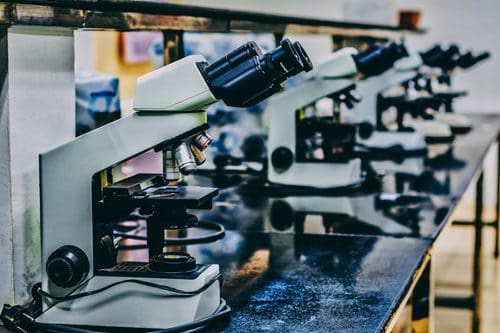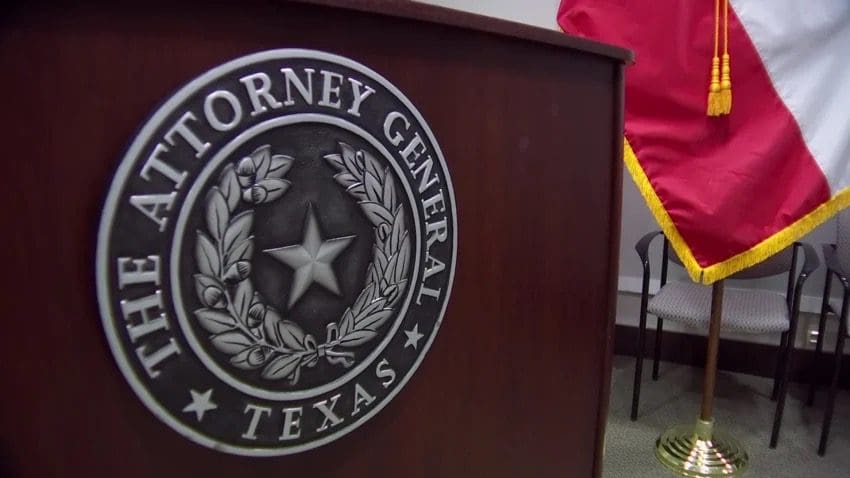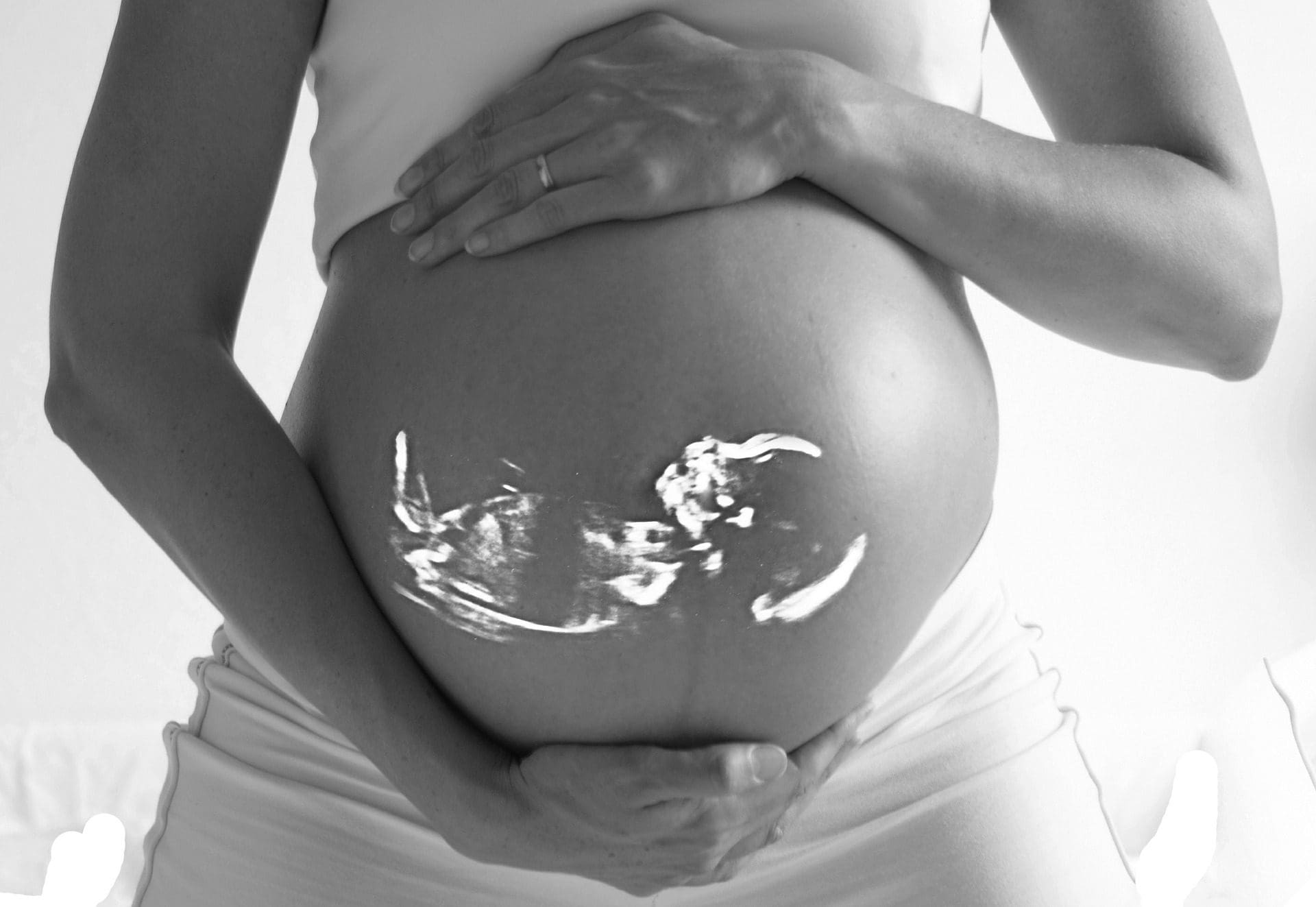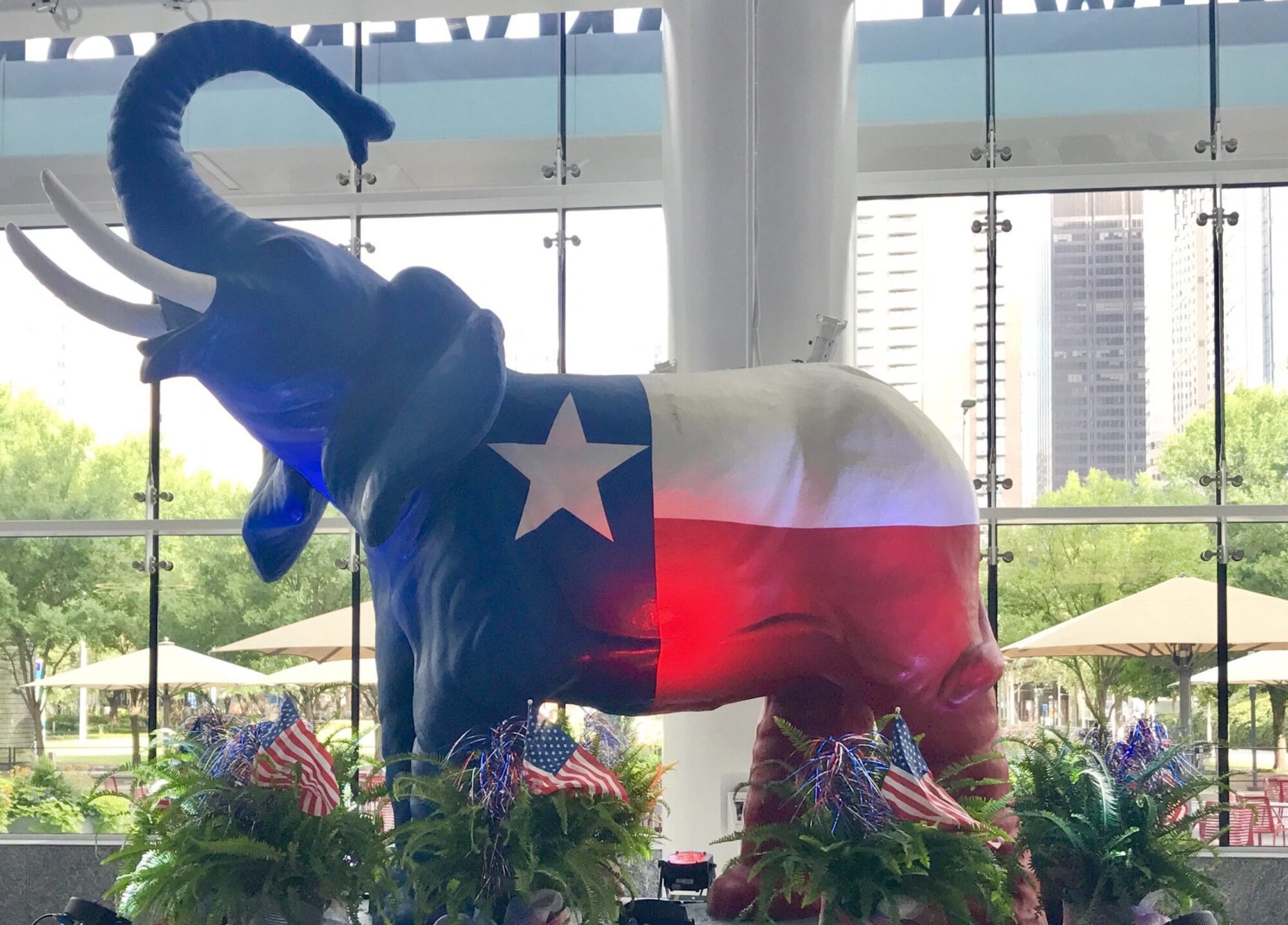NOTE: This article has been updated with additional information since it was initially published.
Nearly two-thirds of the members of the Texas House believe government should have the ability to take your DNA and input it in a criminal database before you’re convicted of a crime.
In one of the Texas House’s most heated exchanges to date in the ongoing session, state representatives of every stripe and spot bickered back and forth about limits on government, specifically law enforcement, in obtaining and storing the thing that is most unique to the individual.
House Bill 1399, authored by freshman Republican State Rep. Reggie Smith (Sherman), would allow law enforcement to take a DNA sample from people arrested for felony-level offenses to be kept and stored in a data bank, even if the arrested individual is never subsequently convicted or even charged with having committed an offense.
The questions of the author and the testimony offered by members rising to speak for or against the bill that followed amounted to some of the most impassioned bipartisan exchanges in the session to date, as Democrats and Republicans alike gravitated to the microphone to debate for and against the legislation.
Bedford Republican State Rep. Jonathan Stickland spoke against the legislation by highlighting how it eschews due process protections for individuals. That exchange was reduced to writing and placed in the House journal as follows:
Stickland: “Representative Smith, when you make comments like, ‘If you’re innocent, you have nothing to worry about,” which are your words … when did you think it was okay to flip our justice system upside down? Because, do you want to live in a world where you are guilty until you prove yourself innocent?”
Smith: “I think the comment was, ‘If you don’t get arrested, you don’t have anything to worry about.’”
Stickland: “But, Representative, are there false arrests all the time?”
Smith: “There are.”
Stickland: “There are. So, I could literally be doing nothing and be arrested, and you’re still going to database me under this bill, correct?”
Smith: “Well, but, if this case gets dismissed against you, then it’s going to be expunged—and destroyed.”
Stickland: “Alright, if it’s dismissed afterwards, that means I’m put in a position where I have to prove that I am innocent because you’re assuming I’m guilty right out of the gate, correct?”
Smith: “No.”
Stickland: “Are you taking my DNA and databasing it before I’m convicted?”
Smith: “Yes.”
Following questions of the author, over a half-dozen members rose to speak for or against the bill. Lawmakers speaking in favor of the legislation, like Eagle Pass Democrat Poncho Nevárez, alluded to the peace it would afford the victims and families of the victims of heinous crimes, downplaying any consequences on the innocent, law-abiding, or wrongly implicated Texans’ rights.
Glossing over the infringements on privacy, however, only colored in higher contrast the remarks of the members who warned of the criminal justice abuses that could occur as a result of such a policy.
“And today what I’m telling you is, is that this is an assault—not only on my freedom and your freedom, but the freedom of all the people we represent in this state,” said Democrat State Rep. Harold Dutton Jr. (Houston).
“[The] bottom line is, it’s an invasion of privacy. You’re not convicted. You shouldn’t have to give your DNA if you’re not convicted,” said State Rep. Terry Canales (D–Edinburg). “And you have to believe that if you’re exonerated, they’ll take you off. Remember that. And if you think it’s funny right now, or you think it’s not serious, wait ‘til your family members are a part of this data bank just ‘cause they got arrested. Not convicted. Just arrested. Just arrested.”
“I think this a terrible, ‘Big Brother,’ big government bill. And if you think big government, ‘Big Brother’ is what you want, vote for this. It’s crap,” said a frustrated Canales in closing.
Ninety-one of his Texas House colleagues did, with only 50 members voting in favor of preserving the principle of innocent until proven guilty and keeping unconvicted Texans out of a government DNA data bank.
Dutton and Canales did not immediately return inquiries for further comment on the bill, but Canales did take to Twitter later Tuesday evening to reinforce the comments he made on the house floor.
This isnt a Republican or Democrat issue. This is a fight for the preservation of the presumption of innocence and our Constitutional rights issue. This is about our collective liberty and the most sacred element of our individual being…our DNA. #txlege
— Terry Canales (@TerryCanales40) April 24, 2019
He would speak against the bill again on third reading and final passage Wednesday.
Smith and Republican Rep. Steve Toth (The Woodlands) traded remarks prior to the final vote as well. Toth, from the back microphone, inquired of Smith whether or not a County District Attorney technically already has the power to retrieve a DNA sample of someone who has been arrested for a felony offense, provided they are able to demonstrate the necessary probable cause before a judge to do so. Smith revealed that was indeed already the case, confirming an important due process element is in place in current law for an arrestee and the access to DNA that may be necessary in order to lead to a conviction – and thus, justice for a victim – can already be obtained without passing Smith’s bill.
HB 1399, on a record vote again, passed on third reading and final passage, but this time barely scraping by with a majority vote of the body. It collected 77 ayes and 68 nays.
The bill now heads to the Texas Senate, where it very likely will again find opposition from liberty-minded members of both parties.





